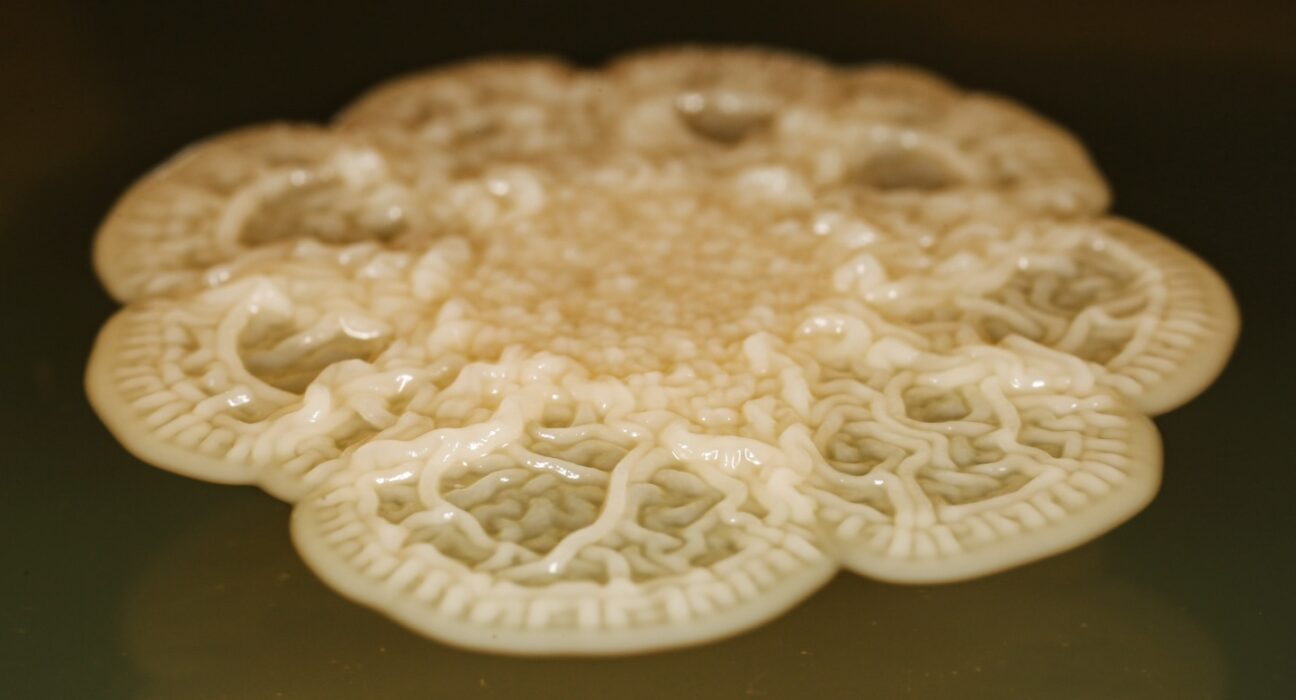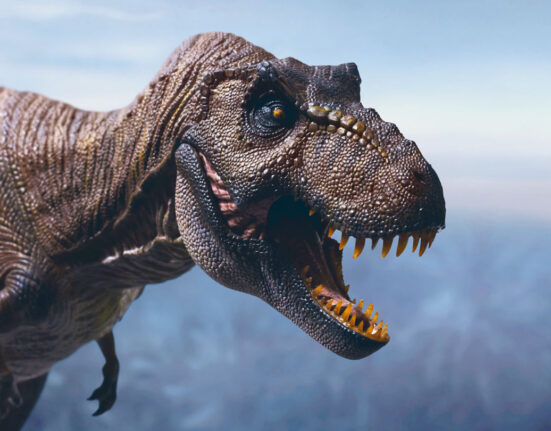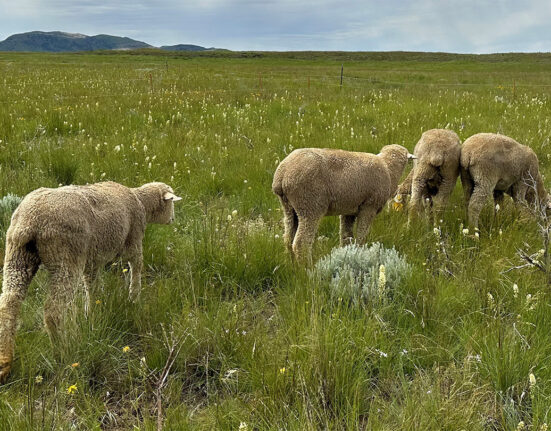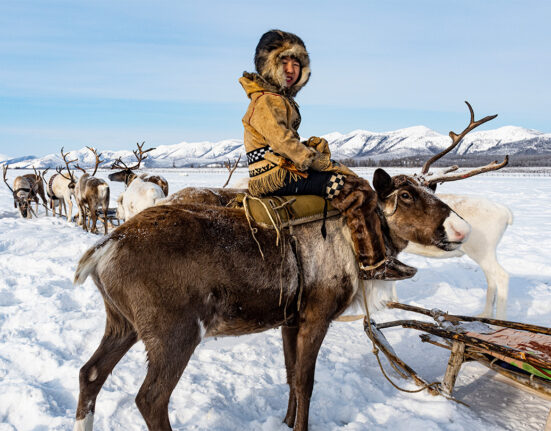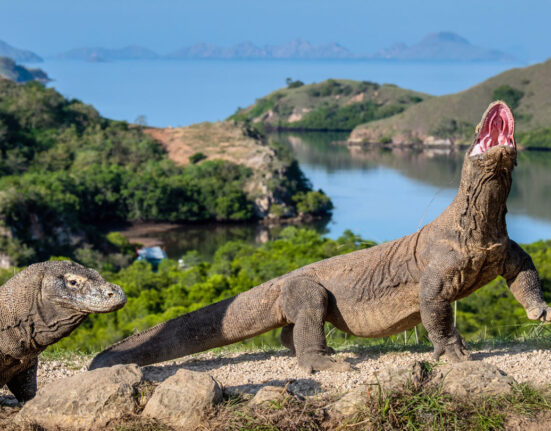bacteria: (singular: bacterium) Single-celled organisms. These dwell nearly everywhere on Earth, from the bottom of the sea to inside other living organisms (such as plants and animals). Bacteria are one of the three domains of life on Earth.
biofilm: A gooey community of different types of microbes that essentially glues itself to some solid surface. Living in a biofilm is one way microbes protect themselves from stressful agents (such as poisons) in their environment.
cell: (in biology) The smallest structural and functional unit of an organism. Typically too small to see with the unaided eye, it consists of a watery fluid surrounded by a membrane or wall. Depending on their size, animals are made of anywhere from thousands to trillions of cells. Most organisms, such as yeasts, molds, bacteria and some algae, are composed of only one cell.
dormant: Inactive to the point where normal body functions are suspended or slowed down.
mass: A number that shows how much an object resists speeding up and slowing down — basically a measure of how much matter that object is made from.
microbe: Short for microorganism. A living thing that is too small to see with the unaided eye, including bacteria, some fungi and many other organisms such as amoebas. Most consist of a single cell.
microbiologist: Scientists who study microorganisms, the infections they might cause or ways that they can interact with their environment.
microscopic: An adjective for things too small to be seen by the unaided eye. It takes a microscope to view objects this small, such as bacteria or other one-celled organisms.
oral: An adjective that refers to things in or affecting the mouth.
plaque: (in dental medicine) A biofilm, or community of bacterial species, that grows on teeth and other surfaces in the mouth.
Proceedings of the National Academy of Sciences: A prestigious journal publishing original scientific research, begun in 1914. The journal’s content spans the biological, physical and social sciences. Each of the more than 3,000 papers it publishes each year, now, are not only peer reviewed but also approved by a member of the U.S. National Academy of Sciences.
species: A group of similar organisms capable of producing offspring that can survive and reproduce.
strategy: A thoughtful and clever plan for achieving some difficult or challenging goal.
unique: Something that is unlike anything else; the only one of its kind.



